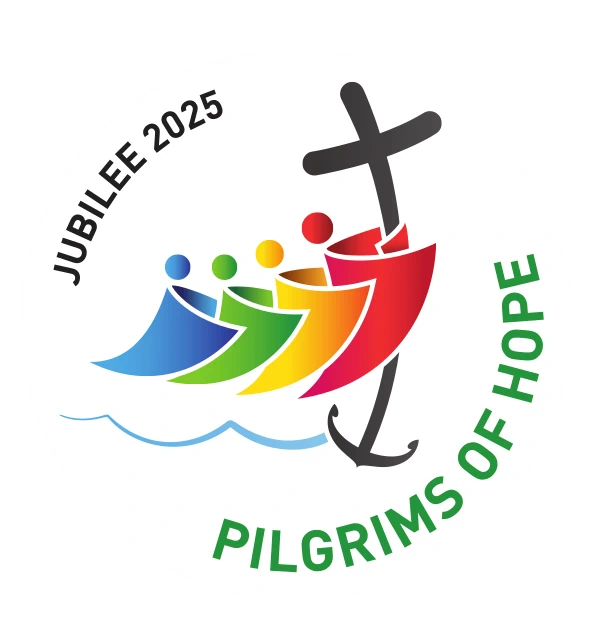Policies
All school policies are available upon request, if they are not available for download below.
To access any school policies that are not listed below, please contact the office in the first instance. Contact details are available here (insert hyperlink).
Catchment Area Map (hyperlink)
Admissions Policy 2023-2024 (hyperlink)
Admissions Policy 2022-2023 (hyperlink)
Admission Policy 2021-2022 (hyperlink)
Anti-Bullying and Racist Incidents Policy (hyperlink)
Attendance Policy (hyperlink)
Behaviour Policy (hyperlink)
British Values and our Catholic Ethos Policy (hyperlink)
Careers Programme (hyperlink)
Coronavirus Track and Trace Privacy Notice (hyperlink)
Curriculum Policy (hyperlink)
External Visits and Educational Trips Policy (hyperlink)
Charging and Remissions Policy (hyperlink)
St Ralph Sherwin Catholic Multi Academy Trust is committed to ensuring equal opportunities for all pupils, regardless of financial circumstances, and has established the following policy and procedures to ensure that no child is discriminated against by our offering of school trips, activities and educational extras.
In addition, we are committed to adhering to legal requirements regarding charging for school activities, and meeting all statutory guidance provided by the DfE.
We promise:
Not to charge for education provided during school hours and to inform parents on low incomes and in receipt of relevant benefits of the support available to them when asking for contributions.
Complaints Procedure (hyperlink)
Governing Bodies of Academies, Free Schools and Independent schools are required, under the Education (Independent Schools Standards) Regulations 2014 to have in place a procedure to deal with complaints relating to the institution and to any community facilities or services that the institution provides. The law also requires the procedure to be publicised.
Confidential Report (Whistleblowing) Policy (hyperlink)
There are certain complaints which fall outside the remit of the Complaints Procedure, for example, staff grievances or disciplinary procedures. It is recommended that the Djanogly Learning Trust (the Trust) ensures that any third party providers offering community facilities or services through the use of its premises or facilities [even if, for example, it is hiring them out for a wedding reception], have their own complaints procedure in place.
The term “complainant” has been used for all those bringing a complaint against the Trust/Academy and includes all complainants, not specifically parents or carers.
First Aid Policy (hyperlink)
Health and Safety Policy (hyperlink)
This policy is written within the context of the Health and Safety at Work etc. Act 1974, the Management of Health and Safety at Work Regulations 1999.
It is the policy of the Trust to take all necessary steps, through a risk management approach, to meet its responsibilities under “The Act”, Regulations made under the Act:
a. Providing and maintaining facilities, plant, equipment, systems and working conditions which are safe and without risk to the health of employees, visitors, contractors and the general public
b. Ensuring that arrangements are in place for the safe transport, handling, storage and disposal of articles and substances which may be hazardous to health
c. Providing information, instruction and supervision to all employees to enable them to carry out their work activities in a safe manner
d. Ensuring that employees and/or their representatives are able to raise health and safety-related issues and have these resolved effectively
e. Taking full account of health and safety considerations in project planning and decision making.
Smoke Free Policy (hyperlink)
E-Safety Policy
Publication Scheme (Hyperlink)
Pupil Premium Strategy (eg 2021-2024), including Review of Outcomes (previous academic year) and Projected Spend (current academic year) (hyperlink)
Year 7 Numeracy and Literacy Catch Up Premium (hyperlink)
Remote Learning Policy (hyperlink)
RSHE Policy (hyperlink)
Safeguarding and Child Protection Policy (hyperlink)
Disability and Accessibility Policy (hyperlink)
SEND Offer (hyperlink)
SEND Policy (hyperlink)
Definitions of special educational needs and disability (SEND) taken from section 20 of the Children and Families Act 2014.
A child or young person has SEND if they have a learning difficulty or disability which calls for special educational provision to be made for them. A child of compulsory school age or a young person has a learning difficulty or disability if they:
a) have a significantly greater difficulty in learning than the majority of others of the same age; or
b) have a disability which prevents or hinders them from making use of educational facilities of a kind generally provided for others of the same age in mainstream schools or mainstream post-16 institutions.
A child under compulsory school age has special educational needs if they fall within the definition at (a) or (b) above or would do so if special educational provision was not made for them.
Supporting Pupils with Medical Conditions (hyperlink)
Uniform Policy (hyperlink)

[google-translator]